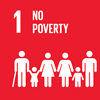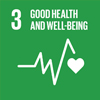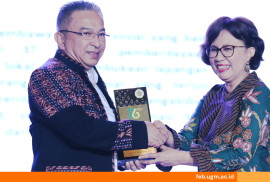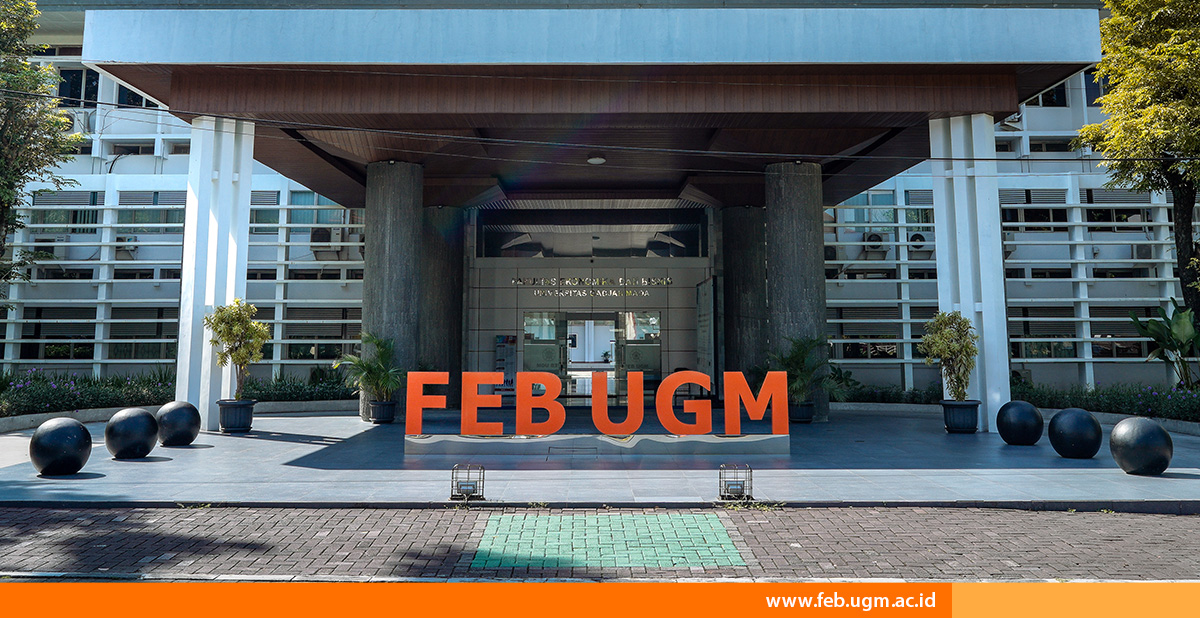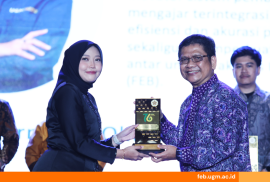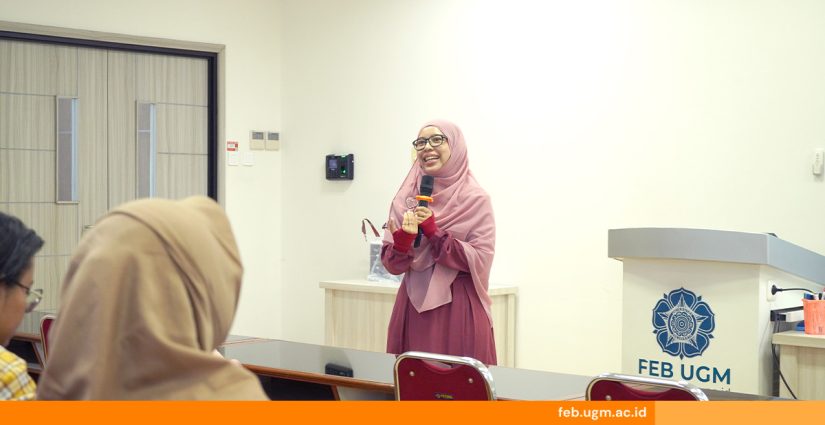
Amidst rising waves of layoffs across various industrial sectors, national employment statistics show a positive trend with the declining open unemployment rate (TPT). However, does this indicate that Indonesia’s labor market conditions are improving?
The Central Statistics Agency (BPS) reported through the National Labor Force Survey (Sakernas) for February 2025 that the TPT decreased from 4.82 percent to 4.76 percent compared to last year. This means the proportion of unemployed individuals relative to the labor force (employed plus unemployed) has decreased. Meanwhile, layoffs have dominated the headlines since the beginning of the year. Data from the Ministry of Manpower (Kemenaker) shows that more than 18,000 workers were laid off in the first two months of 2025.
Qisha Quarina, S.E., M.Sc., Ph.D., a lecturer at the Faculty of Economics and Business, Gadjah Mada University (FEB UGM), and a labor researcher, commented on this situation. According to her, the decline in the unemployment rate does not necessarily indicate that the labor market conditions have truly improved.
“Although the data shows that the open unemployment rate has decreased, the absolute number of unemployed people has increased,” she said recently during the EB Journalism Academy event at FEB UGM.
He explained that this could happen because the number of employed people grew faster than the number of unemployed people. In other words, the open unemployment rate was declining, but the total number of unemployed people increased. This situation exemplifies how statistical data can be misleading if not understood.
The Coordinator of the Microeconomics Dashboard (Micdash) Research Division at the Faculty of Economics and Business, University of Gadjah Mada, stated that the national labor issue is not just about unemployment. However, decent work is also an important issue that deserves collective attention.
“The main issue is not just whether there is work or not, but also about decent work,” he added.
In this context, he continued, decent work from the International Labor Organization (ILO) is highly relevant. This concept encompasses four pillars: job creation, social protection, workers’ rights, and social dialogue. Unfortunately, Indonesia still faces serious challenges in all four aspects.
Qisha mentioned that the dominance of informal workers is one of the most significant vulnerabilities in Indonesia’s employment structure. Based on Sakernas’ data from February 2025, 86.58 million workers in the informal sector far exceeded the 59.19 million formal workers recorded. This means that the majority of the workforce in Indonesia does not yet have adequate legal protection or social security.
Another challenge is the low quality of labor relations, which is evident from the many workers without written employment contracts. Only around 11.57 million workers have an Indefinite-Term Employment Contract (PKWTT). Meanwhile, over 26 million work without an agreement, and approximately 16 million workers rely solely on a Fixed-Term Employment Contract (PKWT).
“Even most of them still work more than 35 hours per week, which means that in terms of productivity they are not inferior, but in terms of protection they are very weak,” she said.
Qisha added that low participation in employment social security is also a challenge for national employment. Many workers are not registered with BPJS Ketenagakerjaan (Employment Social Security Agency) and are unaware of their participation status. This situation puts them in a very vulnerable position. Without social security, workers have no financial protection if they face risks such as illness, work accidents, or termination of employment.
Report by : Orie Priscylla Mapeda Lumalan
Editor: Kurnia Ekaptiningrum
Sustainable Development Goals

